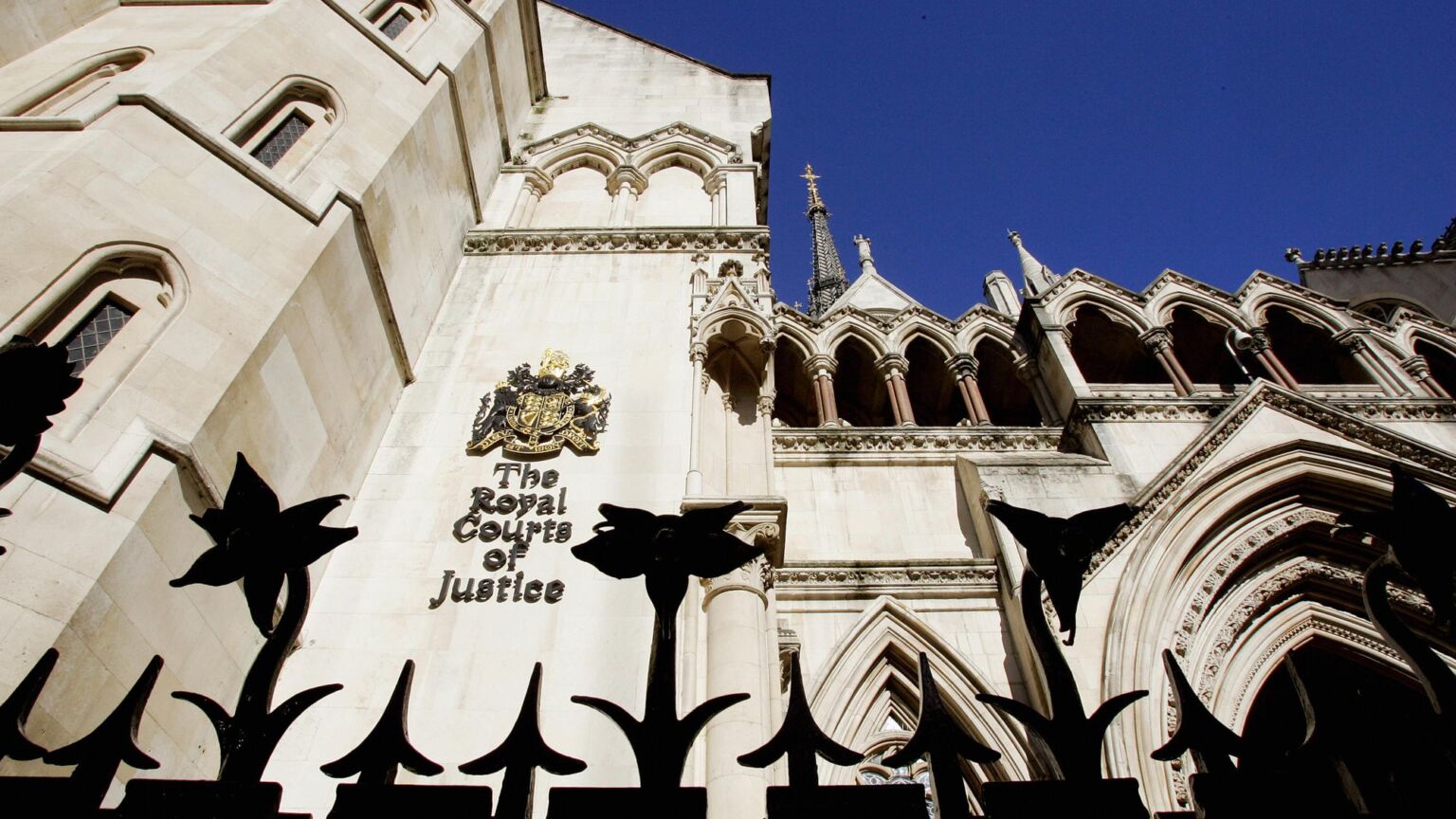The Afghan superinjunction was an outrage to democracy
Why did the courts collude with the UK government to keep the data leak hidden?

Want unlimited, ad-free access? Become a spiked supporter.
The English courts have played a central role in one of the greatest democratic scandals of our age. The Afghan data leak came to light last week after a superinjunction lasting nearly two years was lifted in the High Court.
As is now known, a Royal Marine in 2022 leaked the names and details of 19,000 Afghans who had applied for asylum in the UK. Fearing the disclosure would compromise their safety, the UK government organised the largest peacetime evacuation scheme in its history. Its plan was to covertly resettle all those on the list in the UK. The superinjunction, granted in September 2023, blocked any reporting not only of the leak itself, but also of the government’s response to the leak – and even of the fact that an injunction had been taken out.
Authorities claimed that the injunction was necessary to prevent the Taliban from being alerted about the leaked details, which could have put lives in danger. Few would argue with the moral case for secrecy on that basis.
However, on the eve of last week’s hearing, the court received a report from a retired civil servant, Paul Rimmer, which discredited this argument. Rimmer’s report found that the Taliban’s acquisition of the dataset was ‘unlikely to substantially change an individual’s existing exposure’.
In other words, there was little evidence the superinjunction actually protected those whose names appeared on the list. What it certainly did do, however, was protect the UK government from scrutiny. In the words of Justice Chamberlain, who lifted the injunction, it ‘had the effect of completely shutting down the ordinary mechanisms of accountability which operate in a democracy’. Effectively, the government was able to implement what would have been a hugely controversial policy entirely behind the public’s back.
This sets a terrifying precedent. We do not know, for example, how many other decisions like this have been taken without our knowledge. It is said that this injunction is ‘unprecedented’. But how would we know whether there was any precedent, since reporting the existence of a superinjunction is itself forbidden?
This is not the first time superinjunctions have been used to shield the powerful from scrutiny. Consider the landmark case involving the British oil trader, Trafigura. In 2009, it used a superinjunction to prevent the Guardian and the BBC publishing a leaked report that revealed it had dumped toxic waste near Ivory Coast three years earlier. Trafigura claimed the spill was harmless, when in fact 15 people were fatally poisoned and thousands more were hospitalised.
The truth only came to light because the court order was defied. Wikileaks, from overseas, published Trafigura’s secret, internal report, which confirmed the lethal toxicity of the waste. Labour MP Paul Farrelly then used his parliamentary privilege, which protected him from any legal consequences of breaking the superinjunction, to ask a question about the report. Initially, media organisations were prevented from reporting what Farrelly had said in the Commons. Only when it was clear that his remarks, and therefore the report, had entered the public domain via social media, did Trafigura concede the injunction was no longer effective.
So it’s only when people ignore superinjunctions, or a judge decides they are no longer necessary, that we ever find out they exist. That should make clear how dangerous they are to democracy. In the case of the Afghan data leak, it allowed a government to enact a highly controversial policy in total secrecy.
This case must trigger a reckoning – not only with superinjunctions, but also with the broader web of laws that restrict public access to court proceedings. Britain now has some of the most punitive contempt-of-court laws in the world, the effect of which is to stifle public debate about the conduct of the courts themselves. At the same time, a presumption has taken hold among senior lawyers that court proceedings must be protected from public view.
Cases like the Afghan data leak reveal how such attitudes only erode democracy. It is secrecy, not transparency, that threatens the rule of law. It undermines public confidence and fosters the impression that the courts primarily serve the powerful.
If we are to revive the public’s waning confidence in our democratic institutions, then we must never allow a cover-up on this scale to happen again. The superinjunctions must go.
Luke Gittos is a spiked columnist and author.
£1 a month for 3 months
You’ve hit your monthly free article limit.
Support spiked and get unlimited access.
Support spiked – £1 a month for 3 months
spiked is funded by readers like you. Only 0.1% of regular readers currently support us. If just 1% did, we could grow our team and step up the fight for free speech and democracy.
Become a spiked supporter and enjoy unlimited, ad-free access, bonus content and exclusive events – while helping to keep independent journalism alive.
———————————————————————————————————————————–
Exclusive January offer: join today for £1 a month for 3 months. Then £5 a month, cancel anytime.
———————————————————————————————————————————–
Monthly support makes the biggest difference. Thank you.










Comments
Want to join the conversation?
Only spiked supporters and patrons, who donate regularly to us, can comment on our articles.